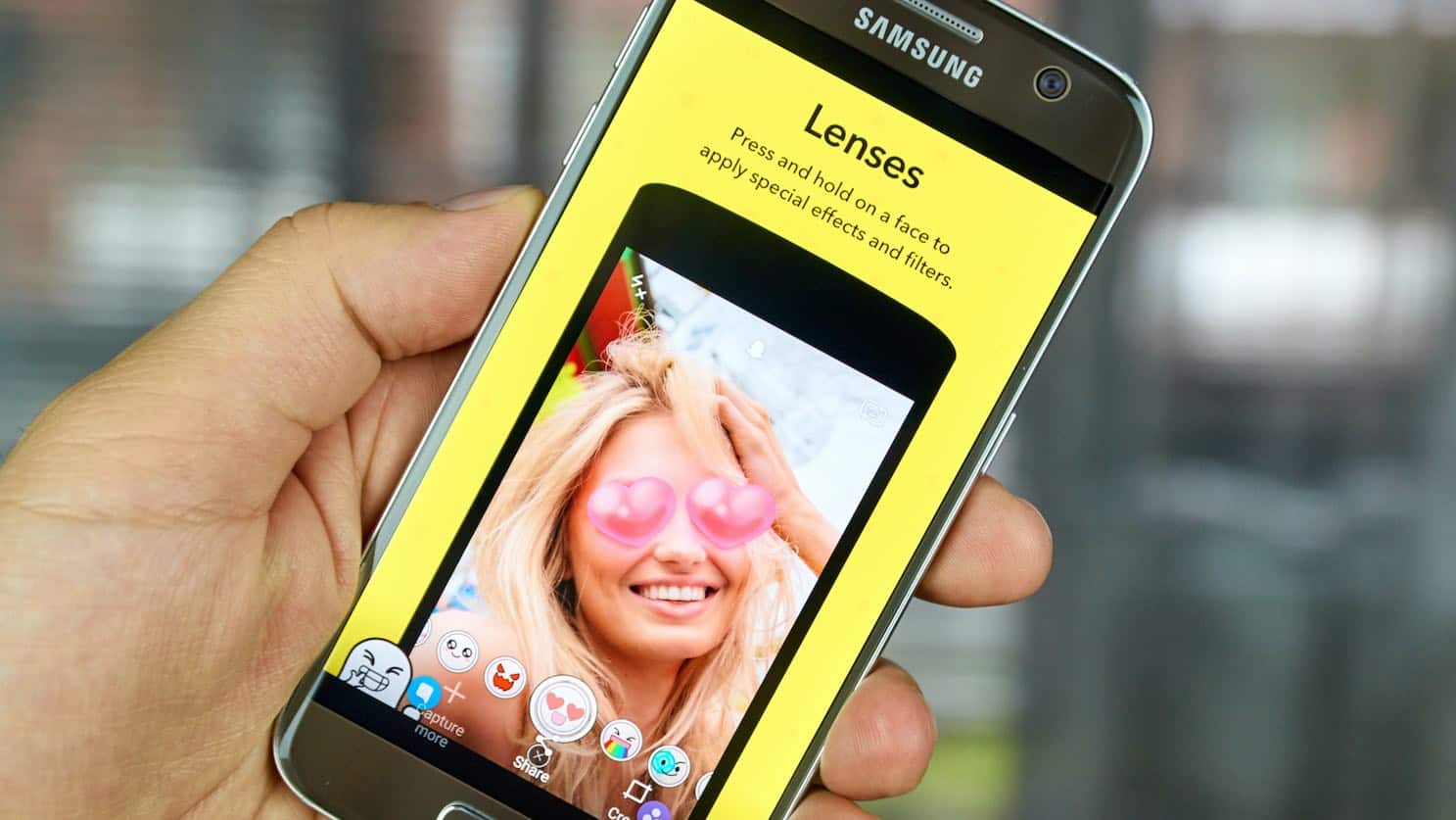Costhetics loves a good filter. We keep busy researching reliable news and information about cosmetic enhancement in Australia and overseas, but you can also find us on Snapchat and Instagram cheerfully playing cosmetic surgeon ourselves.
We use sites’ cosmetic filters to narrow chins, erase under-eye circles, or add graphics to turn into a freckle-faced reindeer, as one of our teammates is wont to do.
While this is all fun and games online, cosmetic surgeons and aesthetic enhancement professionals are concerned about the real-world psychological effects of images created in a ‘filtered’ world. They fear the culture of selfie perfection is driving a disproportionate number of people to seek to emulate that perfection in real life.
Costhetics always sits up and pays attention when professionals raise red flags. We looked more deeply into the subject and here’s what we learned…
Filters Skew Our Perception of Beauty
Before we look at how filters can change your appearance online, consider this: selfies themselves can actually distort your appearance, making your face look less aesthetically balanced than it actually is. The research letter Nasal Distortion in Short-Distance Photographs reports a selfie taken from 30cm away can increases perceived nose size by approximately 30%. Suddenly your “just right” nose seems ripe for rhinoplasty.
Adding to the problem is how the millennial generation (and others) have become obsessed with checking their phones every few minutes. Previously, people were comparing themselves to the idealised images of celebrities. Now they must constantly compare themselves to idealised images of themselves. The effect on the psyche can be devastating.
In Search of My Selfie Me
“Filters and edits have become the norm, altering people’s perception of beauty worldwide,” wrote the Journal of the American Medical Association on Facial Plastic Surgery in the 2018 article Selfies – Living in the Era of Filtered Photographs. “The advent and popularity of image-based social media have put Photoshop and filters in everyone’s arsenal.” Earlier the same year, cosmetic professionals started to track a shift in patient behaviour.
Rather than asking surgeons to “Give me a nose like Yvonne Strahovski” or “Give me Hugh Jackman’s jawline,” patients want doctors to perform procedures to make them look more like their online filtered selfies. As reports went from isolated anecdotes to a growing trend, the world was introduced to a phenomenon known as Snapchat Dysmorphia, which might just as easily have been called Instagram Dysmorphia or Social Media Dysmorphia.
“Is Snapchat Dysmorphia a Real Issue?” asked researchers. Studies showed the answer was “yes” again and again. A subset of body dysmorphia (the condition in which individuals become obsessed with a slight or non-existent defect in their appearance), Snapchat Dysmorphia may be unduly influencing younger and younger individuals to seek unachievable personal enhancement results with cosmetic surgery.
The quest for unnatural perfection, warns Everyday Health in its article Snapchat Dysmorphia’: Is the Stress of Social Media Driving Teens to Plastic Surgery? “is seeping from our phones and invading our real lives.” That’s not good and this is why…
Selfies vs. Cosmetic Surgery: No Contest, You Lose
Online, selfie filters can be used to “cosmetically enhance” your face by
- Altering skin tone
- Softening fine lines and wrinkles
- Modifying the size and shape of the eyes
- Changing the size and shape of the lips
- Contouring cheeks
Offline, we are lucky to live in a world where a tremendous number of surgical procedures and non-surgical treatments can be used to address these same aesthetic concerns:
- Deep Plane Face Lift
- Fractional Laser Skin Resurfacing
- Anti-Wrinkle Injections
- Cheek Reduction
- Eyelift (Blepharoplasty)
- Soft Tissue Augmentation with Dermal Fillers
Here’s the problem: even the most intricate surgical procedures performed by the most talented practitioners combined with the most advanced non-invasive treatments, cannot achieve the perfection of selfie filters. In real life, aesthetic alterations must be made in conjunction with a patient’s real-life physiology and bone structure, not a digital image.
Patients who visit cosmetic surgery practices and medispas should not confuse their destinations with Hogwarts. Surgeons and injectors are not wizards. They are aesthetic experts, however, and they are genuinely interested in helping you achieve your make-over goals. Talk to them. Listen to them. It’s your best defence against SnapChat Dysmorphia.
